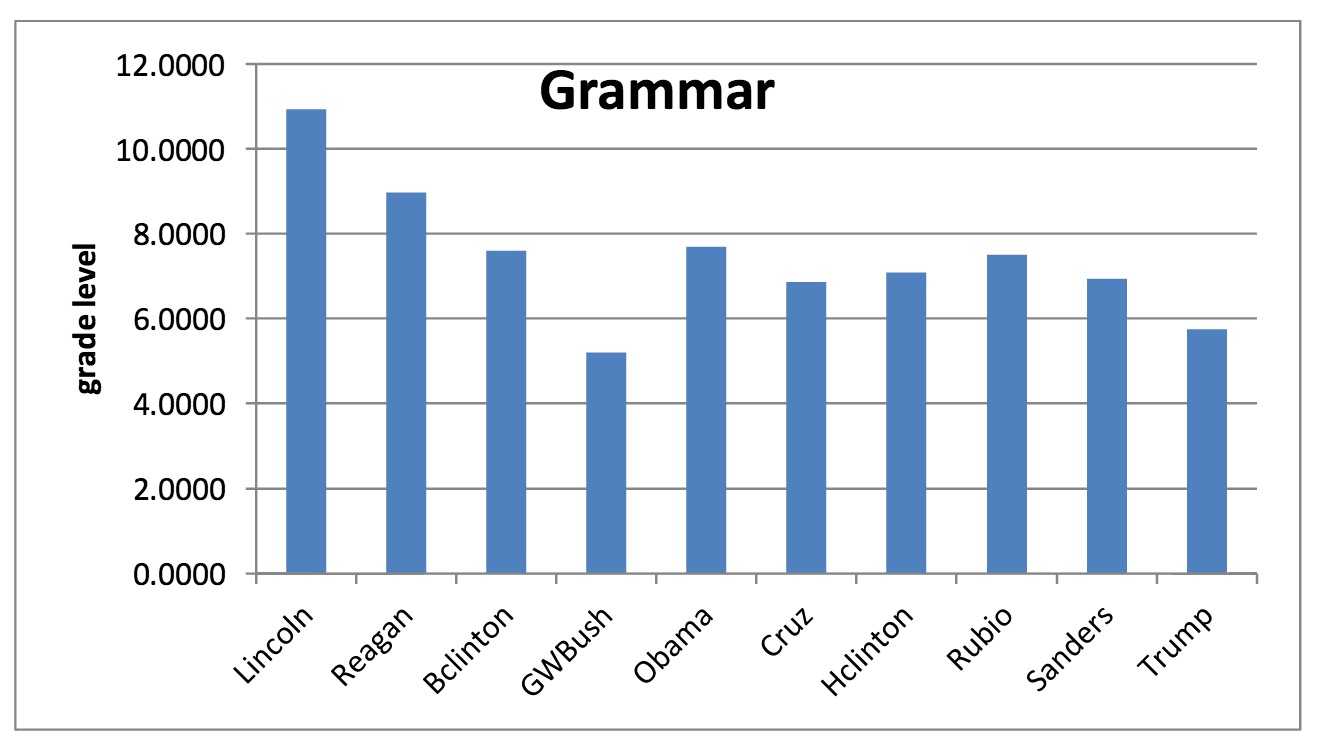
Valleyspeak, uptalk (or upspeak), breathiness, run-on sentences and vocal fry. I’m not sure which came first and why a significant number of young people — mostly women — speak in this way. But these vocal contortions have prodded a new generation of linguists and speech pathologists into a feeding frenzy of language research.
The overall consensus seems to suggest that these speech mannerisms paint young people as less educated and less competent. Not only that but most listeners find the patterns rather annoying.
From the Guardian:
Patriarchy is inventive. The minute a generation of women has figured out how to not be enslaved by Ideology A, some new cultural pressure arises in the form of Internalisation B, making sure they don’t get too far too fast. The latest example: the most empowered generation of women ever – today’s twentysomethings in North America and Britain – is being hobbled in some important ways by something as basic as a new fashion in how they use their voices.
This demographic of women tends to have a distinctive speech pattern. Many commentators have noticed it, often with dismay. Time magazine devoted a column to the mannerism called vocal fry, noting a study that found that this speech pattern makes young women who use it sound less competent, less trustworthy, less educated and less hireable: “Think Britney Spears and the Kardashians.”
“Vocal fry” is that guttural growl at the back of the throat, as a Valley girl might sound if she had been shouting herself hoarse at a rave all night. The less charitable refer to it privately as painfully nasal, and to young women in conversation sounding like ducks quacking. “Vocal fry” has joined more traditional young-women voice mannerisms such as run-ons, breathiness and the dreaded question marks in sentences (known by linguists as uptalk) to undermine these women’s authority in newly distinctive ways. Slate notes that older men (ie those in power over young women) find it intensely annoying. One study by a “deeply annoyed” professor, found that young women use “uptalk” to seek to hold the floor. But does cordially hating these speech patterns automatically mean you are anti-feminist?
Many devoted professors, employers who wish to move young women up the ranks and business owners who just want to evaluate personnel on merit flinch over the speech patterns of today’s young women. “Because of their run-on sentences, I can’t tell in a meeting when these young women have said what they have to say,” confided one law partner.
“Their constant uptalk means I am constantly having to reassure them: ‘uh-huh, uh-huh, uh-huh’. It’s exhausting.”
I myself have inadvertently flinched when a young woman barraging a group with uptalk ran a technology-based conference call: “We’ll use Ruby on Rails? It is an MVC framework to support databases?” Well, will we?
One 29-year-old woman working in engineering told me it was easier for gatekeepers in her male-dominated field to disregard running-on, softspoken, vocally frying and uptalking women. “It is difficult for young women to be heard or even responded to in many male-dominated fields if they don’t strengthen their voices, That kind of disregarding response from men made me feel even softer and even lesser – in a vicious circle of silencing.” she said.
Style is content, as any writing teacher knows. Run-ons and “non-committal-ness” dilute many young women’s advocacy powers and thus their written authority. Many young women have learned not to go too far out on a limb with their voiced opinions; but the dilution of “voice” and the muddying of logic caused by run-on sentences in speech can undermine the power of their written thought processes and weaken their marshalling of evidence in an argument. At Oxford University young women consistently get 5% to 10% fewer first-class degrees in English – and the exams are graded blindly. The reasons? Even the most brilliant tend to avoid strong declarative sentences and to organise their arguments less forcefully. Elleke Boehmer, an Oxford English professor, says: “I often observe my female students’ silence and lack of confidence in class with concern. How anxious they are about coming forward to express an opinion, to risk a point of view, so often letting the male students speak first and second and even third. And in this way they lose out in the discussions that are going to help them hone their pitch, write winning essays, secure the out-and-out firsts that male students in Humanities subjects still are securing in far greater numbers, proportionately, than they are.”
The problem of young women’s voices is gaining new cultural visibility. Recent books and plays have dealt with the suppression of young women’s voices: Boehmer’s own recent novel The Shouting in the Dark narrates the inner life of a young woman in South Africa in the 1970s – and shows how abuse breaks such a voice. The hit play Nirbhaya, in which Indian actresses narrate stories of their own rapes, also shows how young women’s voices are stifled by cultural silencing, even today.
Voice remains political at work as well. A Catalyst study found that self-advocacy skills correlate to workplace status and pay more directly than merit. In other words, speaking well is better for your career than working hard.
But Amy Giddon, director of corporate leadership at Barnard College’s Athena centre for leadership studies in New York, found in original research that “there is a disconnect between women’s confidence in their skills and abilities – which is often high – and their confidence in their ability to navigate the system to achieve the recognition and advancement they feel they deserve. Self-advocacy is a big part of this, and identified by many women in the study as the biggest barrier to their advancement.” In other words, today’s women know they can do great things; what they doubt – reasonably enough – is that they can speak well about those great things.
When you ask young women themselves what these destructive speech patterns mean to them, you get gender-political insights. “I know I use run-on sentences,” a 21-year-old intern at a university told me. “I do it because I am afraid of being interrupted.” No one has ever taught her techniques to refuse that inevitable interruption. “I am aware that I fill my sentences with question marks,” said a twentysomething who works in a research firm. “We do it when we speak to older people or people we see as authorities. It is to placate them. We don’t do it so much when we are by ourselves.” Surely we older feminists have not completed our tasks if no one has taught this young woman that it was not her job to placate her elders.
Read the entire article here.
Image courtesy of Google Search.



